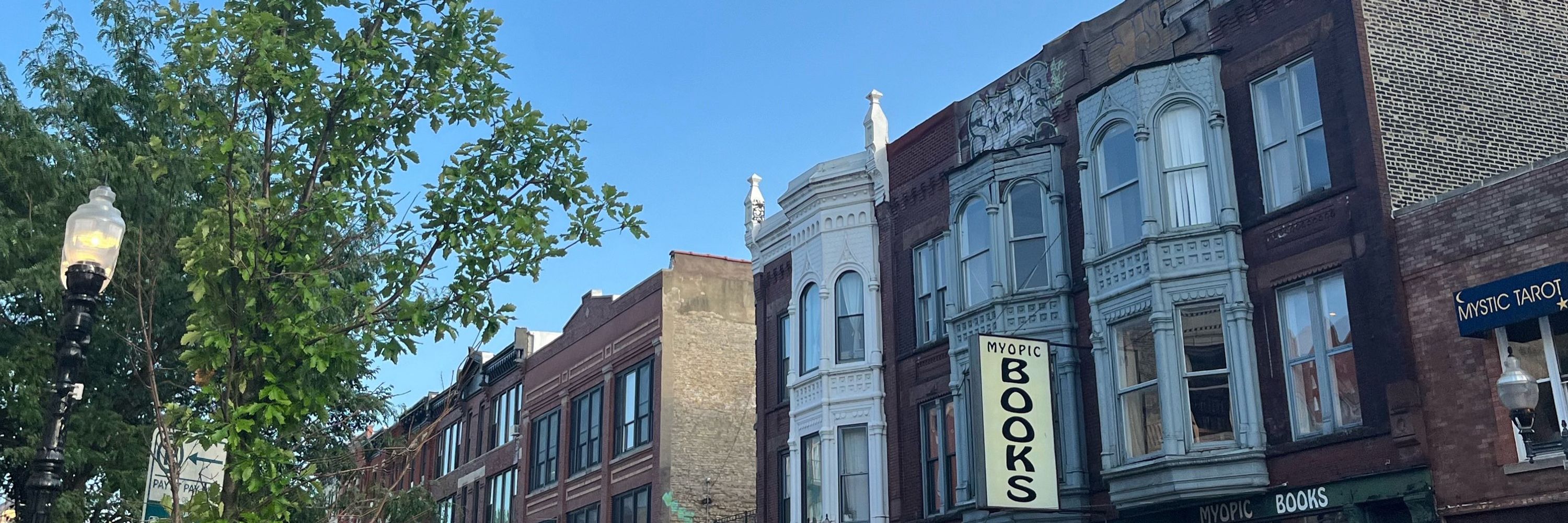Zak Yudhishthu
@zyudhishthu.bsky.social
3.7K followers
1.1K following
1.3K posts
Sidewalk enthusiast and former St. Paulite. I like to write about housing policy, especially in the Twin Cities. Nowadays I’m an economics research assistant in Chicago
https://pencillingout.substack.com/
Posts
Media
Videos
Starter Packs
Reposted by Zak Yudhishthu
Reposted by Zak Yudhishthu























